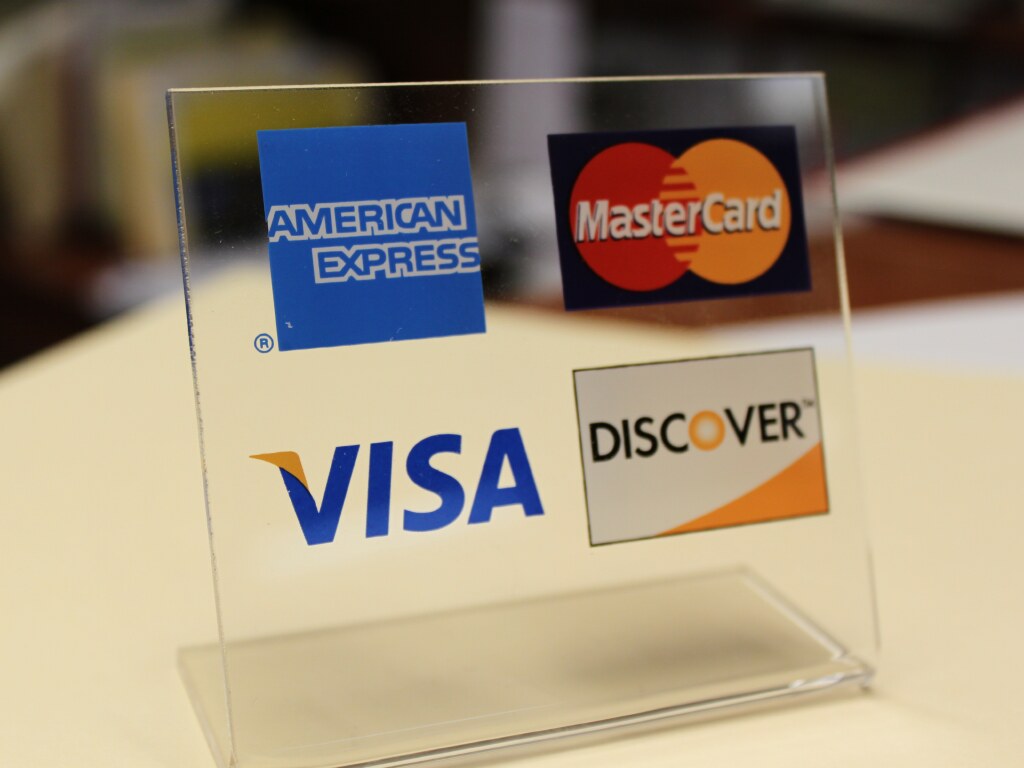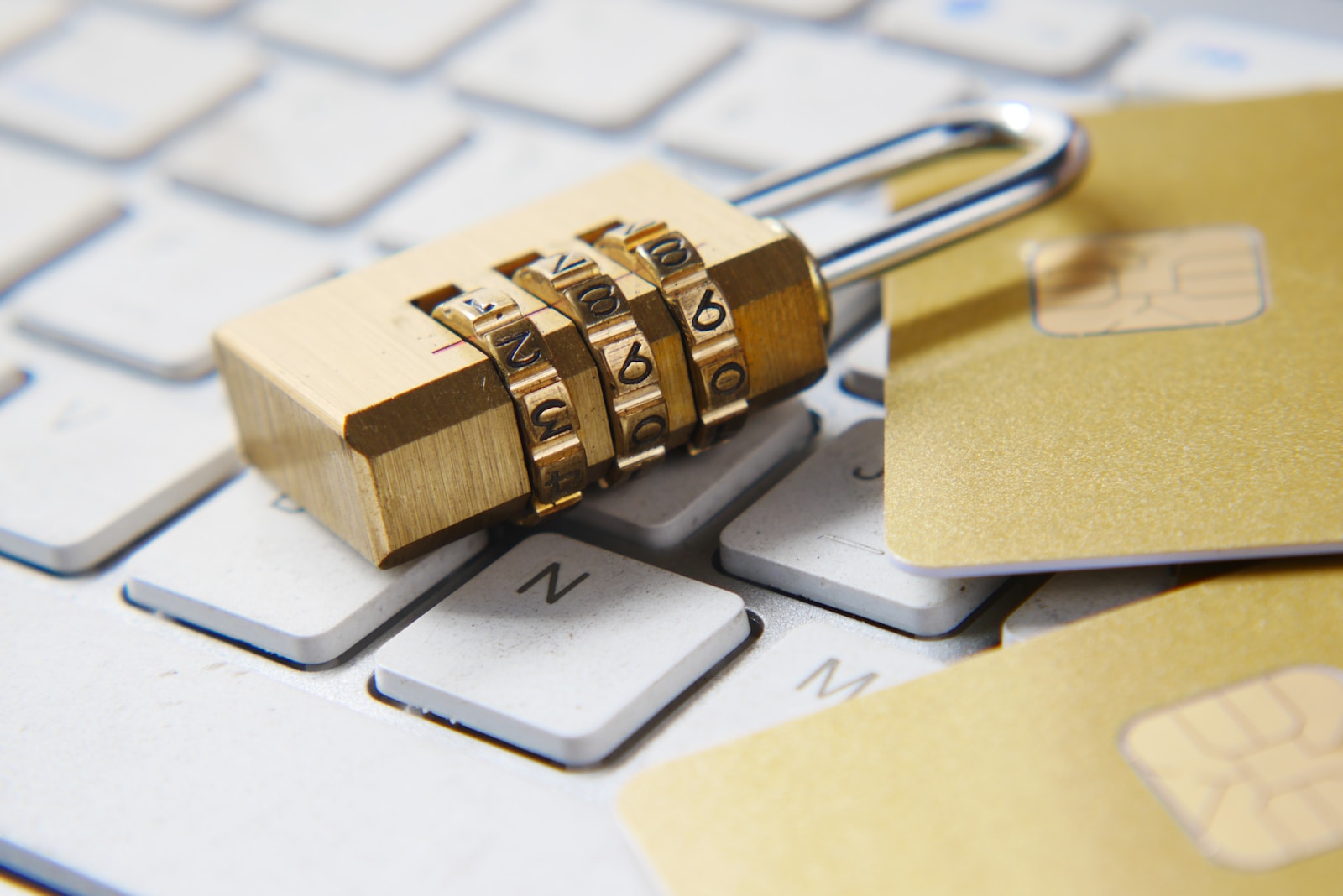Hello there, fellow ethical spenders! I’m Susan Greenfield, your trusty guide to navigating the world of conscious consumerism. For the past four years, we’ve explored the ins and outs of making choices that are not only good for our wallets but also for the planet and society. Today, let’s delve into the fascinating intersection of finance and ethical consumption choices.
In a world where every dollar spent can be seen as a vote for the kind of world we want to live in, our financial choices have never held more weight. It’s no longer just about getting the best deal; it’s about making decisions that align with our values and have a positive impact on the world. So, how can we bridge the gap between our wallets and our ethical aspirations? Let’s take a closer look.
Understanding Ethical Consumption
Before we dive into the financial side of things, let’s refresh our understanding of ethical consumption. Ethical consumption is all about being mindful of the social, environmental, and ethical implications of our purchasing decisions. It’s about choosing products and services that promote sustainability, fair labor practices, and social responsibility.

For instance, instead of mindlessly grabbing a cheap, fast-fashion garment, an ethical consumer might opt for clothing made from organic materials by workers who are paid fair wages. Similarly, rather than supporting a brand with a questionable environmental track record, they might opt for one that is committed to reducing its carbon footprint.
The Price Tag of Ethics
One of the common misconceptions about ethical consumption is that it’s expensive. Many folks think that making ethical choices means saying goodbye to their hard-earned cash. But the truth is, ethical consumption doesn’t always come with a hefty price tag.
Take, for example, the rise of sustainable fashion brands. While some high-end eco-friendly fashion labels might indeed be pricey, there are plenty of budget-friendly options that won’t break the bank. Brands like Patagonia, H&M’s Conscious Collection, and thrift stores offer affordable and sustainable fashion choices. So, when it comes to fashion, you can be both eco-conscious and frugal.
Investing in a Better Future
Now, let’s shift our focus to investments. Many of us might not realize that our investments can also be aligned with our ethical values. If you have a retirement account or investments in the stock market, you have the power to make a difference.
Consider socially responsible investing (SRI) or impact investing. These investment strategies allow you to put your money into companies and funds that prioritize ethical, social, and environmental concerns. Whether it’s renewable energy companies, ethical mutual funds, or businesses with strong sustainability practices, you can make a positive impact while growing your wealth.
Banking on Ethics
Your choice of financial institution matters too. Traditional banks often invest in industries that may not align with your values, such as fossil fuels or weapons manufacturing. But there’s a growing trend in the world of ethical finance.
Credit unions, community banks, and online banks like Aspiration are putting ethics at the forefront. They offer financial services with a conscience, ensuring that your money is not used to support harmful industries. Plus, many of these institutions provide opportunities to support local communities through loans and investments.
The Green Side of Credit Cards
Credit cards are another financial tool where ethics come into play. Some credit card companies offer rewards programs that allow you to donate to charitable causes or earn points for eco-friendly purchases. These cards can turn your everyday spending into a force for good.

Additionally, certain credit cards are made from sustainable materials, reducing their environmental impact. So, even something as simple as choosing the right credit card can be a step toward a more ethical financial life.
The Power of Ethical Crowdfunding
In recent years, crowdfunding platforms have emerged as a powerful tool for supporting ethical causes and startups. Websites like Kickstarter and Indiegogo allow individuals to invest in projects and products they believe in.
From sustainable technology innovations to social justice campaigns, there’s a crowdfunding project for just about every ethical interest. By contributing to these initiatives, you can help bring about positive change while getting a sneak peek at the latest and greatest in ethical innovation.
Tread Lightly on Tax Day
Don’t forget about the often-overlooked world of taxes. Ethical consumers can also make a difference when it comes to their tax returns. By supporting tax policies that promote environmental and social responsibility, you can help shape a more ethical tax system.
For instance, you might advocate for tax breaks and incentives for green initiatives or fair labor practices. Your voice, along with your vote, can contribute to a tax system that aligns with your values.
The Ethical Ripple Effect
One of the beautiful aspects of ethical consumption is its ripple effect. When you make ethical choices, you’re not just impacting yourself—you’re inspiring others to do the same. Your conscious consumerism can influence friends, family, and even entire industries.
For example, the increased demand for organic and locally-sourced foods has driven mainstream grocery stores to expand their offerings in these categories. By voting with our wallets, we can encourage companies to adopt more ethical practices and make sustainable options more accessible to everyone.
The Bottom Line (Pun Intended)
So, what’s the bottom line when it comes to the intersection of finance and ethical consumption choices? It’s that we have more power than we think. Every financial decision we make, from the products we buy to the investments we choose, can be a force for good.
Ethical consumption doesn’t have to be an all-or-nothing endeavor. Start small, make gradual changes, and watch the positive impact grow over time. Remember that even seemingly small choices, like choosing an ethical credit card or supporting a sustainable fashion brand, can collectively make a big difference.
As ethical spenders, we’re not just shopping; we’re shaping a better world—one dollar at a time. So, let’s continue on this exciting journey of making financial choices that reflect our values and leave a lasting mark on the planet and society.
Until next time, stay ethical, stay frugal, and keep making those conscious consumer choices. Together, we can create a brighter, more ethical future.

































